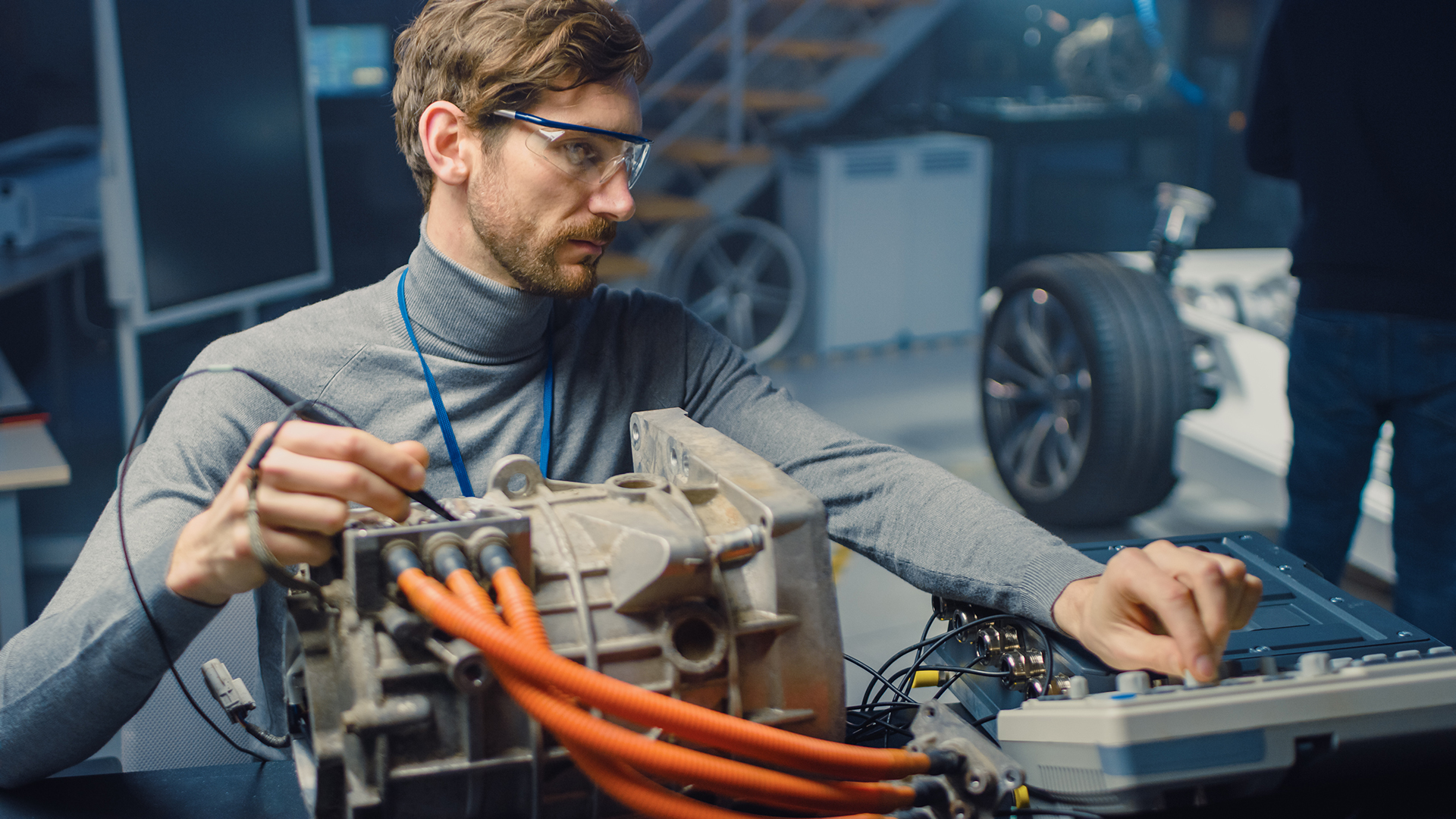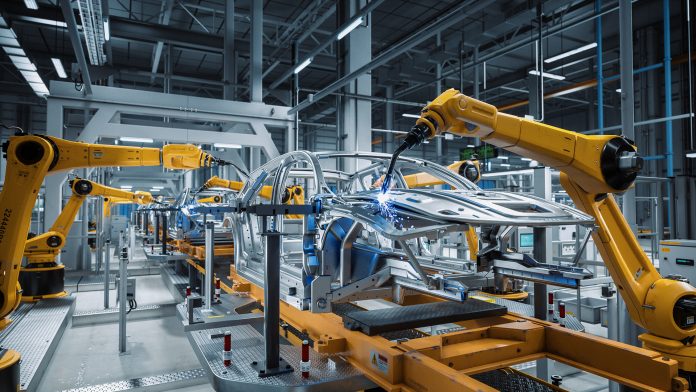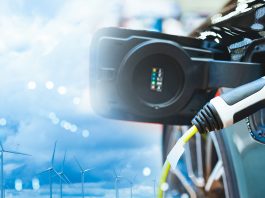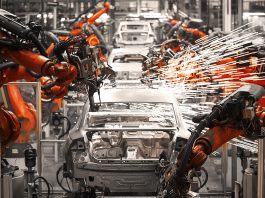The US Government has published a notice of intent to fund $2bn to accelerate electric car production output.
The significant investment will be made available from the Inflation Reduction Act (IRA) and aims to boost electric car production rates, create well-paid jobs, and support the US’ goals of all new vehicle sales by 2030 representing electric vehicles.
Under the Domestic Manufacturing Conversion Grants for electrified vehicles programme, individual grants between $25m and $500m will be made available until September 2031 to advance domestic electric car production.
The announcement builds on the objectives of the IRA, which incentivises consumers and businesses to buy zero-emission vehicles through initiatives that expand the manufacturing and sourcing of vehicle components and critical minerals in the US.
How will the $2bn funding drive electric car production?
The substantial funding will enable cost-shared grants for hybrid, plug-in electric hybrid, plug-in electric drive, and hydrogen fuel cell electric vehicles produced in the US.
The government hopes that the investment will reinforce the manufacturing of light, medium, and heavy-duty electric vehicles and aid commercial facilities involved in assembling vehicles, components, or other parts manufacturing.
The new programme will concentrate on supporting projects that refurbish or retool manufacturing facilities that have recently shut down or are forecasted to cease operations imminently.

These projects will be prioritised to help preserve existing jobs and to maintain and optimise production plants in locations that have historically been essential in the US automobile economy.
Projects that are interested in applying for the funding opportunity can register to receive updates from the Office of Manufacturing and Energy Supply Chains.
US automotive sector outraged at EPA rules
Although the fresh investment is a welcome boost to the US automotive industry, recent rules imposed by the Environmental Protection Agency (EPA) are seen as more of a roadblock for the sector.
“EPA and the Biden administration moved the goalposts with its proposed greenhouse gas emissions rules”
The EPA proposed new rules in April that would require over 60% of US vehicles to be pure battery electric vehicles (BEVs) by 2030.
This is a significant increase on the initial target set in 2021 that called for 50% of all vehicles to be electric, including plug-in hybrid and fuel cell EVs.
The industry has voiced its concern over the new target, with the Alliance for Automotive Innovation calling it “neither reasonable nor achievable in the timeframe provided.”
“Neither reasonable nor achievable in the timeframe provided…”
When the companies that will build the millions of #EVs required by these regs say the pace and balance of EPA’s rules are out of whack and opens the door to #China – regulators and policymakers should believe them.
— Alliance for Automotive Innovation (@autosinnovate) June 28, 2023
The Alliance stated that the original executive order was unrealistic and has now published five ways to fix the EPA’s new rules.









